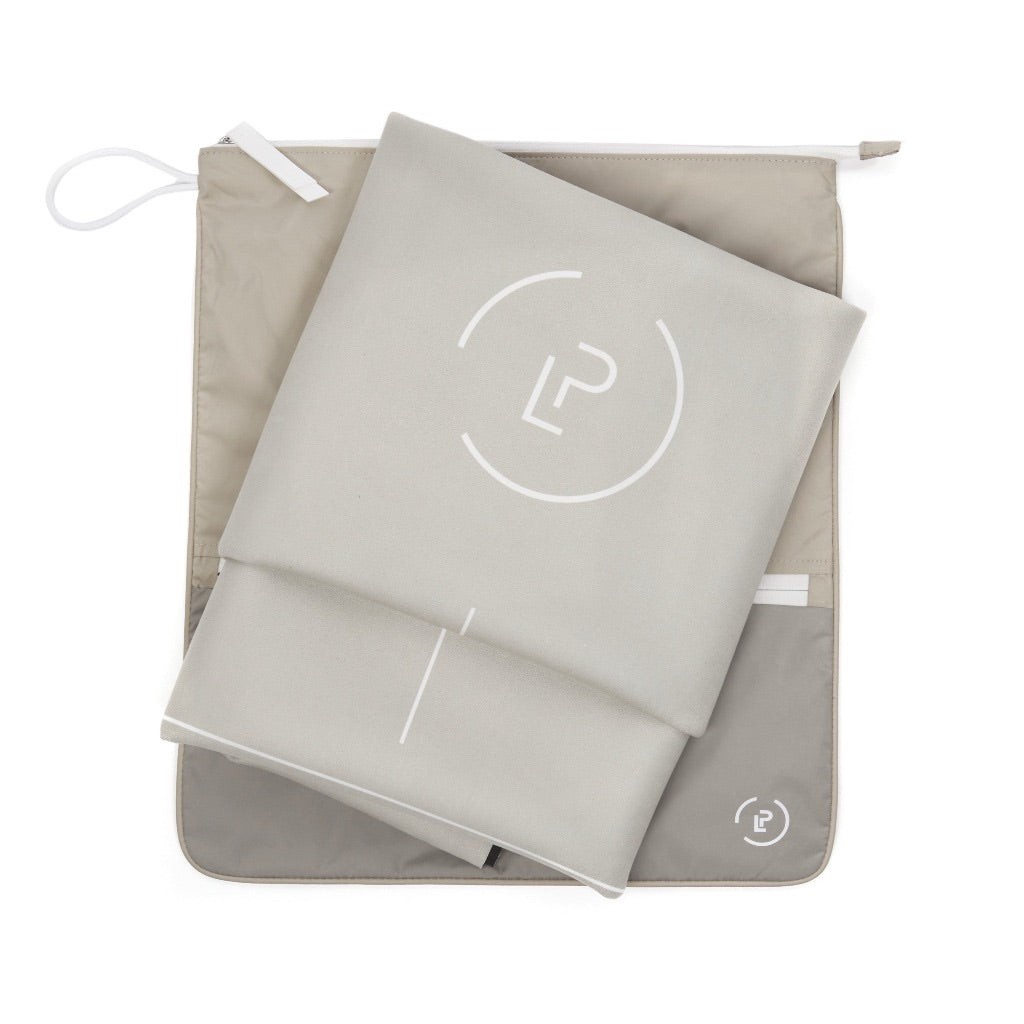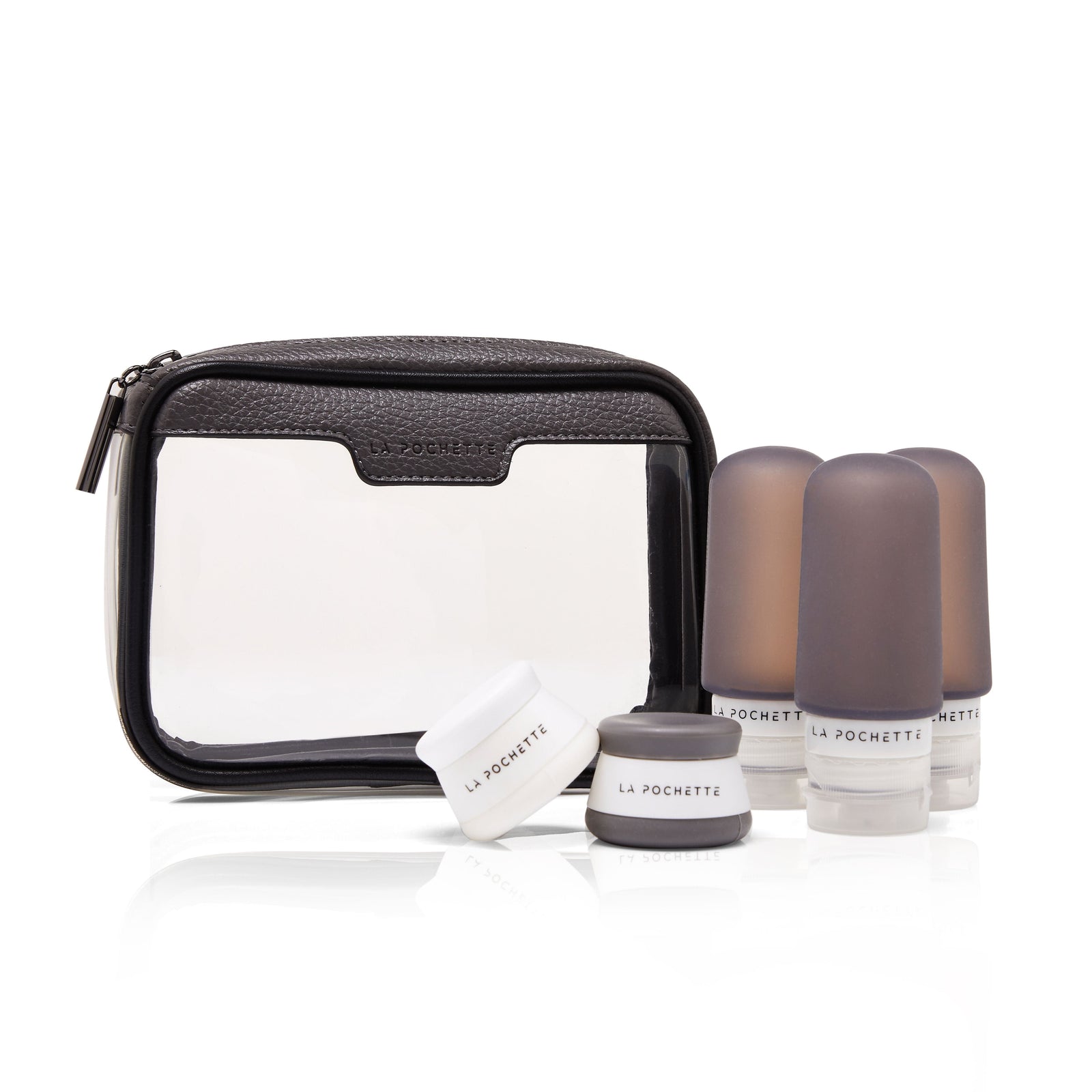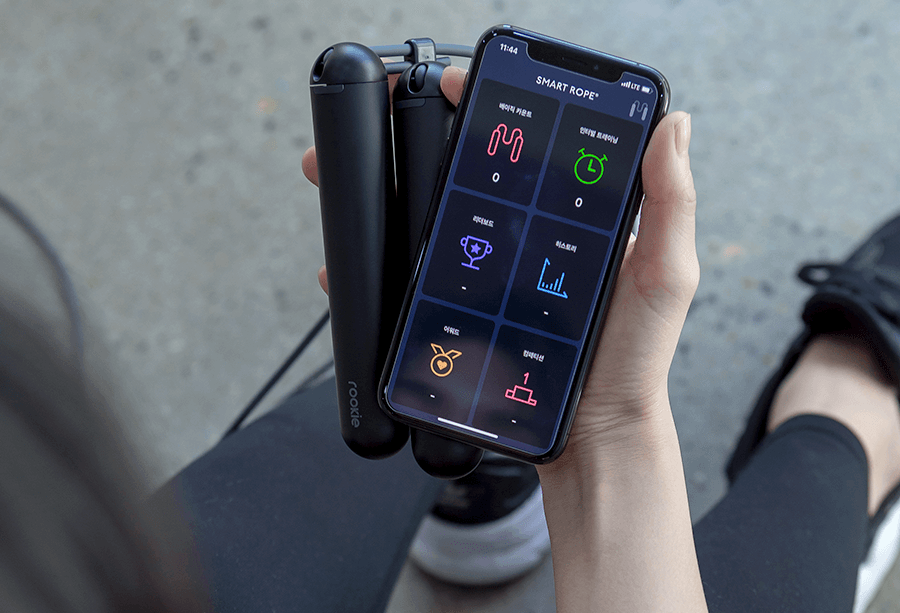Maintaining a fitness routine while juggling the ups and downs that a busy life can bring is no mean feat. As anyone trying to balance work, family, and personal responsibilities will attest - getting in some quality time at the gym can easily slip to the bottom of the to-do list when things get a little crazy.
However, fitness - even if only performed for a short time - shouldn’t be put on the back burner. It’s essential for our well-being, helping us to manage weight, reduce the risk of disease, strengthen bones and muscles, and improve our ability to do everyday activities. And it doesn't have to take up a huge part of your day.
In fact, according to a recent study by the Institute of Sport, Exercise and Health at University College London, just 6-9 minutes of daily exercise improves cognitive function, helping with memory and mental processes such as planning and organisation. This, the researchers said, is because exercise increases blood flow to the brain and boosts oxygen levels.
Still, incorporating some form of fitness into our daily routine - while not impossible - requires dedication. The key lies in forming fitness habits that become an integral part of our daily lives. Let’s delve into the benefits of habit forming while exploring some practical tips for seamlessly integrating fitness into even the most hectic of weeks.
The power of habit
Habits are powerful, automatic behaviours that are etched into our daily routines. According to the University of North Carolina, forming habits involves a three-step loop: cue, routine, and reward. A cue triggers a specific behaviour, the routine represents the behaviour itself, and the reward is the positive feeling or outcome associated with the behaviour.
By deliberately creating cues that prompt us to engage in fitness activities, we can transform exercise into habitual practice. Over time, the routine becomes second nature, and the satisfaction derived from the activity serves as a natural reward, reinforcing the habit. Once fitness becomes a habit, it no longer feels like a burden or a chore but - instead - an enjoyable and intrinsic part of our lives.
Once these habits are formed, that’s when you’ll really begin to reap the rewards of having a consistent practice.
A study published by the British Journal of General Practice says habit formation can take around 10 weeks.
“Our experience is that people are reassured to learn that doing the behaviour gets progressively easier; so they only have to maintain their motivation until the habit forms,” explains the therapists behind the research.
“Working effortfully on a new behaviour for 2–3 months may be an attractive offer if it has a chance of making the behaviour become ‘second nature’.”
How to incorporate fitness into your busy schedule
While the benefits of making regular exercise are evident, how exactly do you make it integral to your life without it feeling like a chore? Here are 7 easy ways you can make fitness a fundamental part of your daily routine through habit forming.
- Set realistic goals
Begin with small, achievable fitness goals that can be seamlessly integrated into your daily routine. Aim for short bursts of activity, such as a 10-minute walk during lunch breaks. Build these up as and when you feel ready.
- Create a consistent schedule
Designate specific times for fitness activities and treat them as non-negotiable appointments. Consistency is key to forming lasting habits. Take the time to plan a dedicated schedule that best fits your busy lifestyle. Sometimes, work deadlines can get in the way, and that’s fine. Pencilling in a “plan B” in the form of a backup time slot that you could potentially dedicate to fitness in case this happens will help you stay on track.
Treating fitness as an essential part of your daily routine, just like eating or sleeping, will also help you form habits. Cultivate the mindset that it is not an option but a necessity for your well-being and you’ll be on your way in no time.
- Pack your gym kit the night before, and carry it with you in your work bag.
By packing your gym kit the night before, you eliminate the need to find your stuff in the morning rush, while also removing the excuse that you didn’t have time to do it.
And don’t forget your La Pochette sweat bag or La Pochette Kit Bag. Designed specifically for your gym kit, this lightweight, washable bag is antimicrobial and deodorising and can be thrown inside your backpack, handbag or gym bag without running the risk of ruining your other belongings. It also has a pocket on the front for pre and post-workout essentials.
- Find activities that speak to you
Engage in a type of fitness that you genuinely enjoy. Whether it's dancing, cycling, or yoga, choosing activities you find so fun that you forget you’re working out is your best bet in helping you sustain a fitness habit. HIIT classes are a good option for those who like high-octane, wham-bam style fitness and most gyms now provide them. Pilates is another great option if you prefer a slower pace and will help with overall conditioning by improving posture, flexibility, strength and balance.
More of a team player? Check out what’s happening at your local sports centre. Reigniting a lost love from your high school days, such as badminton or basketball, is a surefire way of getting you to regularly partake in fitness. What’s more, you’ll likely make new friends who can become new workout buddies, helping you to establish a fresh routine. After all, social support enhances motivation and makes exercise more enjoyable.
- Monitor progress
An essential part of establishing a successful fitness routine and fostering a lasting habit is by monitoring your progress. Keeping note of your improvements - be it muscle mass or fat loss, for example - can help to keep you motivated, ensuring you hold yourself accountable. This will also see you setting more realistic goals and adapting routines for optimal results.
Progress tracking also encourages self-awareness, which not only fosters long-term commitment but helps to reinforce positive behaviour and contribute to your sense of accomplishment. These are all the right ingredients for making fitness a more sustainable part of your life.
- Embrace tech
Monitoring your progress can be made much more efficient with the use of fitness apps or activity trackers such as the Apple Watch if you’re an iPhone user, or Samsung Galaxy Watch if you’re more of an Android kind of person. Garmin’s Fenix or Venu series are best-suited to the more avid fitness enthusiast but if you’re completely new to fitness, Fitbit’s range of activity trackers, such as the Charge range, are great entry-level wearables. For nutrition, MyFitnessPal is an impressive, free app that helps you log and track calories and macro-nutrients you’ve consumed so that you can best support your fitness activities. These tools can remind you to stay active and provide a sense of accomplishment as you achieve your fitness goals.
- And finally: be kind to yourself
By harnessing the power of habit, we can seamlessly integrate fitness into our daily routines, reaping a multitude of benefits that enhance our physical, mental, and emotional well-being.
However, it’s important that you’re patient with yourself throughout the habit-forming process. While incorporating fitness into a busy day is a transformative practice, remember that forming habits takes time, and occasional lapses are normal. Focus on progress rather than perfection and with commitment, consistency, and small, intentional steps, fitness can become an enjoyable and essential part of our busy lives.













